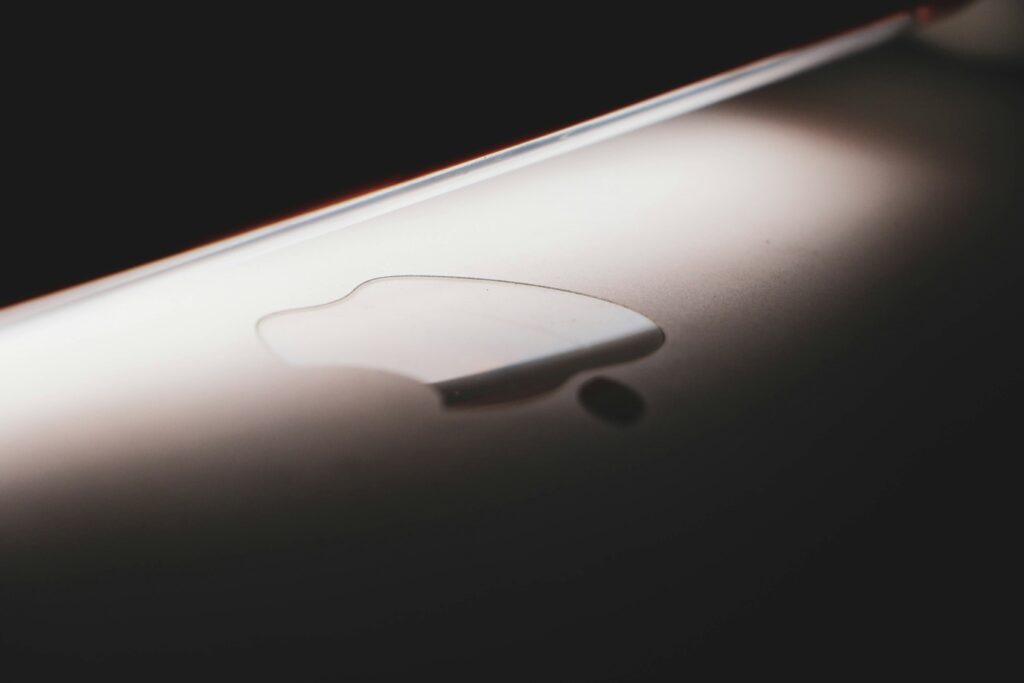Strong demand for the iPhone 17 boosted Apple’s revenue in the July–September quarter, closing its fiscal year with record profits. The company reported higher-than-expected results despite trade tensions and fierce competition in artificial intelligence.
Apple CEO Tim Cook announced a record September-quarter revenue of $102.5 billion, including all-time highs for iPhone and Services. Driven by iPhone sales, Apple earned $27.5 billion in profit, nearly double last year’s figure. Investors responded quickly, sending shares up 2% in extended trading.
Apple refreshed its iPhone design with a “liquid glass” display while keeping prices stable despite $1.1 billion in tariffs on U.S.-bound devices made in India and China. The company expects another $1.4 billion in tariff costs during the final quarter of the year. Consumers in the United States and Europe embraced the new models, pushing iPhone sales to $49 billion, a 6% increase from last year. Analysts had projected 8% growth, compared with a 13% rise in the previous quarter.
Ben Barringer of Quilter Cheviot noted that Mac sales climbed 12% and iPhone sales rose 6%, while iPad and wearables remained flat. He added that China’s weakness, with a 4% decline in sales, weighed on performance. IDC estimated Apple sold 58.6 million iPhones globally, trailing Samsung’s 61.4 million units. For the full fiscal year, Apple achieved a record $112 billion net income, a 20% rise from the previous year.
Apple Expects Holiday Surge to Lift Sales
Tim Cook told analysts that the iPhone 17 lineup should maintain strong momentum through the holiday season. Apple expects iPhone sales to rise at least 10% from last year’s festive period, according to chief financial officer Kevan Parekh. Total revenue should grow at a similar pace.
Barringer said Apple’s forecast of 10–12% revenue growth looked solid ahead of the crucial Christmas quarter. Strong consumer demand for the iPhone 17 continues to underpin the company’s optimism.
Investors Weigh Apple’s AI Challenges
Apple’s stock surged after International Data Corp. reported record iPhone sales in its preliminary analysis earlier this month. The rally pushed Apple’s market value above $4 trillion for the first time, setting the stage for another high in upcoming trading.
However, Apple lags behind rivals in artificial intelligence. Nvidia reached a $5 trillion valuation as demand for its AI chips soared. Apple previously promised extensive AI updates for its iPhones but delivered only limited features. A major Siri overhaul remains delayed until next year.
Barringer questioned Apple’s ability to keep attracting investors, citing China’s uncertainty and faster growth from Microsoft and Nvidia. Still, Apple has repeatedly recovered from slow starts to dominate new technology waves.
Wedbush analyst Dan Ives predicted that successful AI integration could raise Apple’s market value by $1 trillion to $1.5 trillion, adding $75 to $100 per share.


